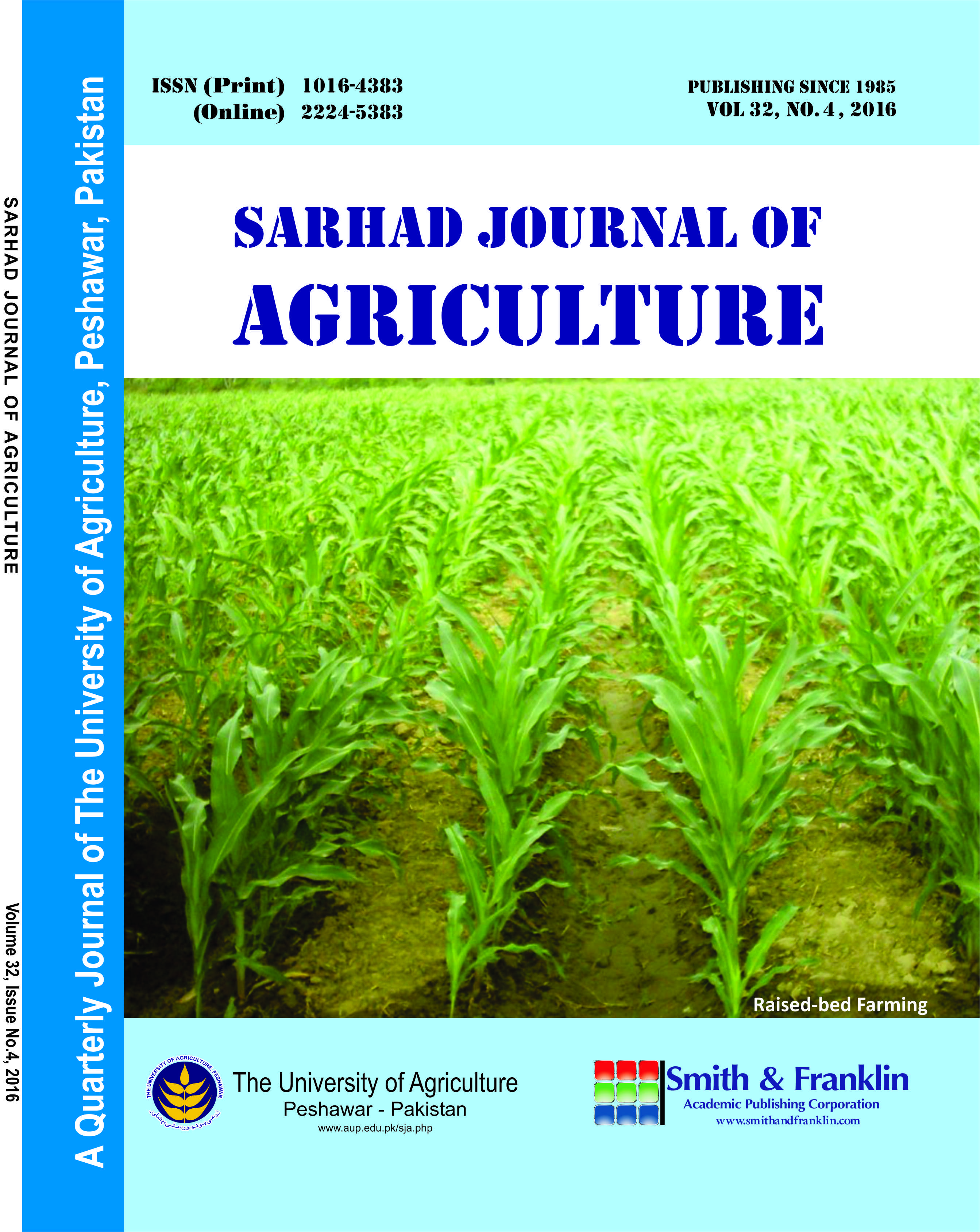Economics of Medium Density Almond Cultivation in Kashmir Valley of Jammu and Kashmir
Economics of Medium Density Almond Cultivation in Kashmir Valley of Jammu and Kashmir
Masudul Haq Wani and Arshad Bhat*
ABSTRACT
Through medium density almond cultivation, production of almond in world has increased many folds from 1034 MT in 1995 to 3214 MT in 2019. The contribution of India to the total almond production in 2019 was merely 2.45 per cent. However, domestic demand is increasing every year, with the result, the country is importing almond to the tune of more than Rs.9.2/- billion annually. Varis is reported very productive and quality wise retains high score of consumer acceptability, accordingly efforts are being made to extend its adoption in the union territory of Jammu and Kashmir. To formulate a policy for its adoption, ex-ante evaluation was carried out by employing economic surplus model on the experimental data collected from the technical expert group of scientists involved in its cultivation, assessment, evaluation and dissemination. By adopting high advance impact assessment technologies and models, the study reveals that under medium density plantation at 2×2.5m (2000 trees/ha) resulted in the productivity of at least 3 mt/ha, the average productivity gain will shoot up from 0.96 MT/ha to about 3.00 MT/ha. thereby, improving the productivity by 3 fold, employability which went up from 260 to 810 man-days/ha. The results further revealed that with an expected expansion of medium density almond orchards over 30 per cent of the target area will provide NPV 1348.5 Billion US $, IRR 70 per cent and BC ratio would amount to 107.74 respectively. The study concludes that attention of people should be diverted towards the cultivation of almond which is a durable crop, having long shell life and can fetch huge amounts through foreign exchange.
To share on other social networks, click on any share button. What are these?








